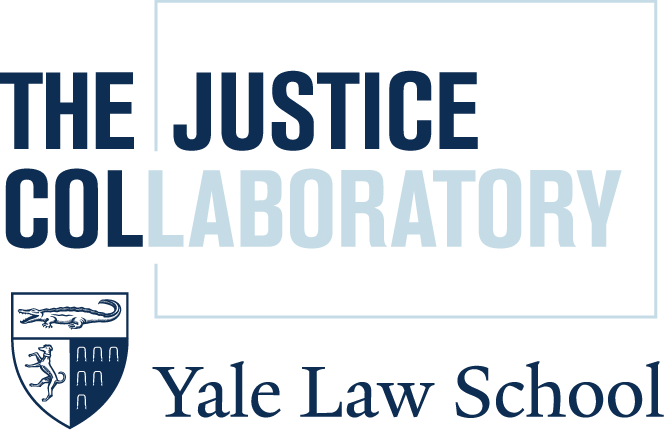Governance of Internet based technologies is not only about governing “data” or moderating “content”. It's also about governing human behavior. One side-effect of ignoring people and communities in social media governance discussion is focusing on technology solutions, punitive governance mechanisms and post hoc remedies. As a result, these governance mechanisms send people to cyber jails and platform supreme courts. At Social Media Governance Initiative (SMGI) we want to put people (the users and the decision-makers) at the center of discussion.
We want to shift the narrative from the dominant stories about take-down, blocking, removal and so on, and move toward pro-social solutions and talk about how people perceive technology and the platforms’ decision-makers. By pro-social solutions we mean using non-punitive mechanisms that can motivate people to comply, engage and cooperate. More broadly instead of focusing on the “authority” we want to focus on communities on the Internet. With the pro-social theme in mind, we have organized our first SMGI’s #Tea@2 session. Our speaker is Paolo Parigi, a member of SMGI’s Research Network. Paolo will talk to us about how technology transforms human trust.
The Impact of Technology on Trust
Technology has made establishing trust a lot easier than before. This is because of the quantity of information about others that is available online in the form of ratings and reviews has made
possible to trust strangers. Yet, a potential unintended side effect of technologically driven change is the emergence of a new meaning of the sentence, "I trust you". In this talk, Paolo will
explore both sides of how technology transforms relationships.
Biography
Paolo Parigi is a researcher at Facebook. He is interested in trust and in the broader area of how technology is impacting relationships. The key insight of his work is that technology is not only accumulating data about people but is transforming lives. We live in a largely engineered space where interactions are often designed by algorithms. A new space for an applied social science has now emerged as a result of the digital transformation. Paolo’s current position in industry allows him to pursue this more applied side of computational social science.
Prior to his current position, Parigi has worked as an assistant professor at Stanford, senior data scientist at Uber and lead trust scientist at Airbnb.

